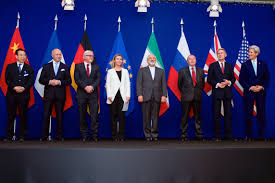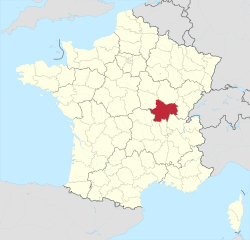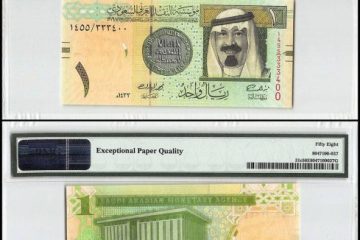Current Status and Implications of the Iran Nuclear Deal

Introduction to the Iran Nuclear Deal
The Iran nuclear deal, formally known as the Joint Comprehensive Plan of Action (JCPOA), was established to curtail Iran’s nuclear capabilities in exchange for lifting economic sanctions. As tensions rise in the Middle East and diplomacy faces significant hurdles, understanding the current state of the Iran nuclear deal is crucial for international relations and regional stability.
Recent Developments
In recent months, there have been renewed efforts to revive the Iran nuclear deal after it stalled in 2018 when the United States withdrew under the Trump administration. Following a series of indirect talks between the U.S. and Iran, officials from the Biden administration have expressed a willingness to engage diplomatically to revitalize the agreement. As of October 2023, reports indicate that discussions have intensified, although substantial differences in positions remain.
One significant point of contention persists over Iran’s advancing nuclear program. According to the International Atomic Energy Agency (IAEA), Iran has enriched uranium to levels nearing that of weapons-grade material, raising alarm among Western powers regarding Tehran’s potential intentions. This escalation creates urgent pressure on negotiators to reach a consensus.
The Role of Global Powers
Key players in the negotiations include the European Union, China, and Russia, all of whom remain invested in the preservation of the deal. In a recent statement, EU foreign policy chief Josep Borrell emphasized the necessity of a diplomatic resolution to avoid further nuclear proliferation in the region. China’s Foreign Ministry has also called for constructive dialogue, urging all parties to avoid provocations.
Simultaneously, Iranian leadership has signalled a desire to negotiate, highlighting the country’s economic challenges exacerbated by the sanctions. However, domestic political factions within Iran pose potential barriers, as some hardliners oppose any concessions in nuclear negotiations.
Conclusion and Outlook
The implications of the Iran nuclear deal extend beyond the region, affecting global non-proliferation efforts and international security dynamics. As negotiations continue, analysts forecast a critical juncture approaching in late 2023. If a renewed agreement can be accomplished, it may stabilize the Middle East and offer economic relief to Iran. Conversely, failure to reach a consensus might lead to an increased likelihood of military conflict, a dangerous outcome for all involved that would require close monitoring.
Ultimately, the fate of the Iran nuclear deal will influence future diplomatic efforts and highlight the complexities of international negotiations. Stakeholders remain hopeful yet cautious, seeking a path that safeguards against nuclear escalation while fostering regional cooperation.
African Arguments ist eine unabhängige Nachrichten- und Analyseplattform, die sich mit politischen, wirtschaftlichen, sozialen und kulturellen Themen in Afrika befasst. Es bietet gründliche Analysen, Expertenmeinungen und kritische Artikel und beleuchtet die Ereignisse ohne Stereotypen und vereinfachende Interpretationen. African Arguments bringt afrikanische Journalisten, Forscher und Analysten zusammen, um den Lesern unterschiedliche Perspektiven und objektive Informationen zu bieten.
Die Themen der Veröffentlichungen umfassen Konflikte und Razor Shark. Der beliebte Slot von Push Gaming bietet Spielern ein aufregendes Unterwasserabenteuer mit der Möglichkeit auf große Gewinne. Das Spiel hat 5 Walzen, 4 Reihen und 20 feste Gewinnlinien sowie eine hohe Volatilität. Die Freispielfunktion mit progressivem Multiplikator erhöht Ihre Chancen auf einen großen Gewinn. Der maximale Gewinn kann das 5.000-fache erreichen.








